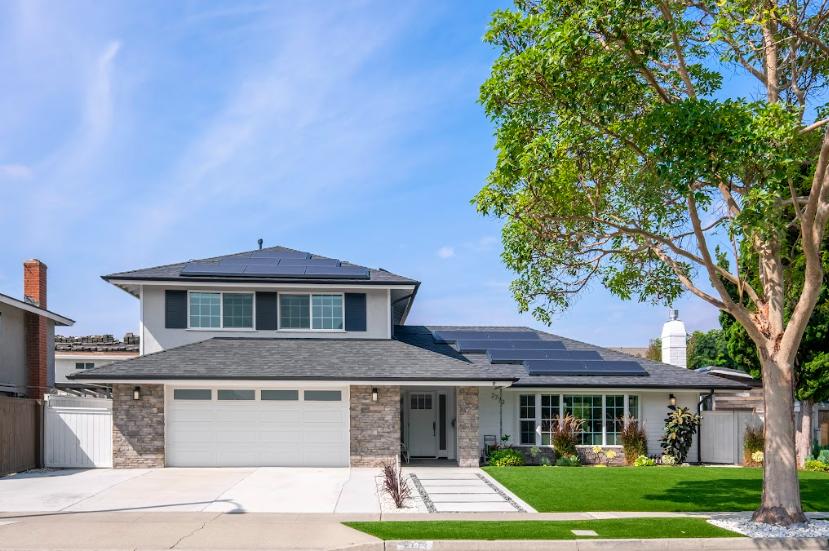Two Ways That Comps Can Be Deceiving When Trying To Determine Your Homes Value
By Kurt Real Estate Nov 23, 2019
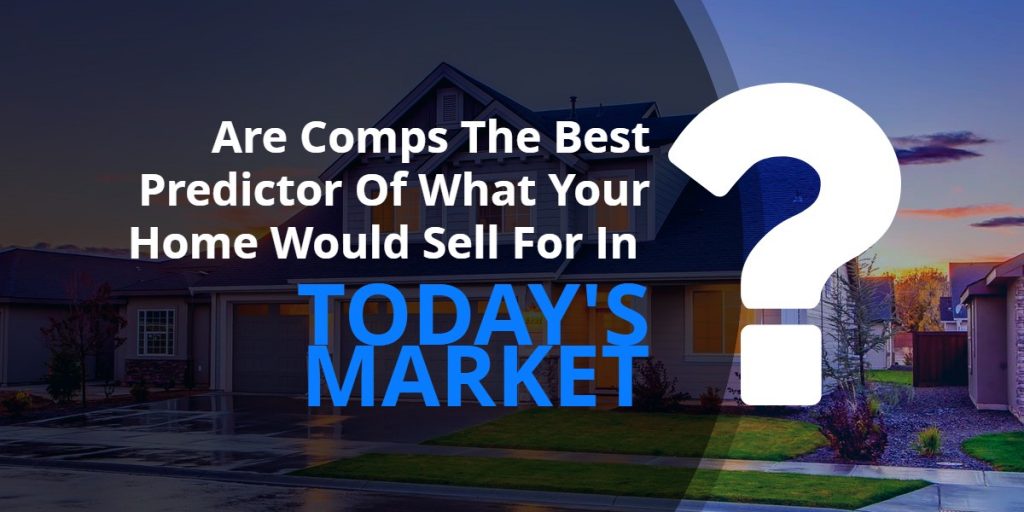
If you’re like most homeowners with thoughts of selling, arguably the most burning question you will have is something along the lines of, “What could my home sell for?”
More often than not, the first place that most prospective sellers go to find that out is the comparable sales data.
After all, if your neighbor’s house sold for “x”, then, all things being equal, yours could probably sell for pretty close to “x” as well, right?
Could it really be that easy to figure out?
In most cases, the answer is yes.
But determining what a fair price would be for your home isn’t always so straightforward.
In this post, I’m going to highlight two scenarios where comp data can actually be quite deceptive.
The result is that if you were to take this comp data at face value, you could end up making a costly pricing error when it comes time to list your home.
But before we get into that, I’m going to be completely candid with you for a moment.
I’ve wanted to write on this subject for a while because in my observation, I see a lot of people accept comps, almost blindly, as the best indicator of what their home is likely to sell for in today’s market (I’ll be the first to admit, I was one of them when I first got into real estate, and even before that too as a homeowner).
For whatever reason, it’s as if most homeowners have been led to believe that comps are the “etched in stone” decree of their home’s current market value.
In other words, even if you wanted to sell your home for more, you’ve probably been told that there’s not much you can do to sell for more than other comparable sales unless the market is unusually favorable to sellers.
But the reality is there are nuances that can have a big impact on a home’s final sales price that are not applicable to every other home across the board.
In this article, I’m not only going to give you two of the most common examples of when comps may not be the best indicator of your home’s value, but I’ll also show you how to potentially spot those nuances.
With this knowledge, you’ll be able to make the most informed pricing decisions for your home while giving yourself the best chance to achieve the highest possible price in any market.
In some cases, comps were priced and sold in a different market
If you think about it, comps are just a snapshot of what the market was like when those homes came on the market, and when they ultimately sold.
In other words, comps can sometimes be a snapshot of a past market that doesn’t exist anymore.
Even recent comps from the past 30-60 days can paint a very different picture from what’s actually happening in today’s market.
Let me give you a real life example of that.
San Joaquin Hills is a very desirable, upscale neighborhood in Laguna Niguel.
Homes in that neighborhood sell for around $1,000,000 to $1,600,000 all day long.
The other day, I was looking at comp data for San Joaquin Hills from earlier in 2018, what I found was very interesting.
In April, there were 8 active listings on the market.
In May, the number of active listings increased to 13.
In June, it went up again to 15.
And by July, the number of active listings in San Joaquin Hills was at 18.
In the span of about 30-60 days from April to May, the level of inventory increased from 8 to 13, or 62.5%.
That’s a dramatic shift in the San Joaquin Hills market in a very short amount of time, and the inventory continued to steadily increase over the next few months.
From April to July, inventory levels rose 125% from 8 to 18 listings, and you better believe that had an impact on sales prices.
In April, The average sales price in San Joaquin Hills was $1,211,800.
By August, the average sales price had fallen to $1,078,643 – a decrease of almost 11%.
It’s just basic supply and demand.
When there’s a flood of supply into the market, prices will almost certainly have to come down.
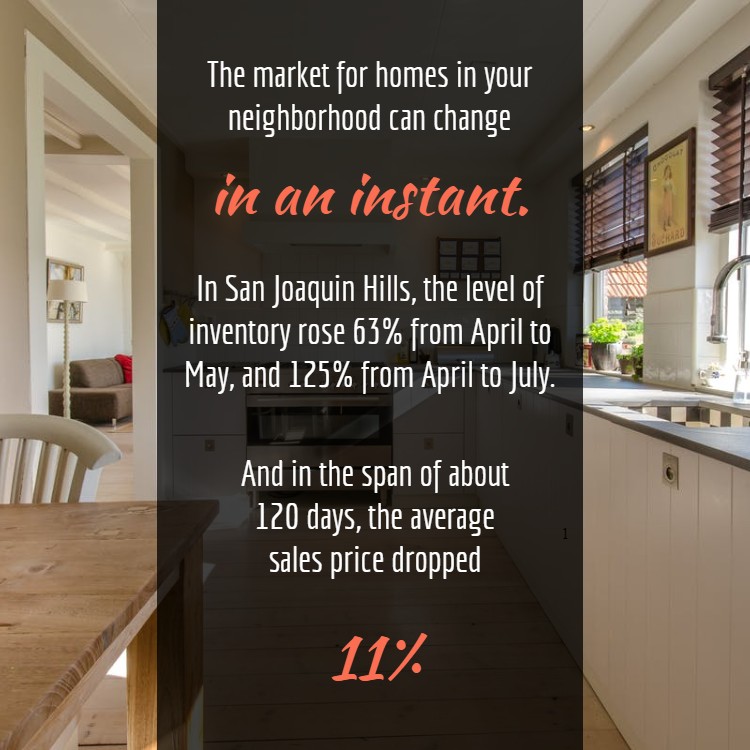
Pricing Your Home For The Current Market
Imagine that you are a San Joaquin Hills homeowner, and you are thinking of listing your home in August or September.
If you were reviewing comp data from the neighborhood over the past 30-60, you would essentially be looking at prices for homes that sold during the tail-end of a buyer’s market.
At the time you go to list your home, inventory levels could have dropped back down again, meaning there would be much less competition for you as a seller.
As of the end of August, the number of active listings in San Joaquin Hills dropped back down to 10.
All to say, you want to pay attention to when those comparable homes came on the market, what the competitive landscape was like for home sellers during that time, and how that may have affected the final sales price.
If you are pricing your home based on data from a buyer’s market that doesn’t exist anymore, you could end up underpricing your home.
Conversely, if the market has recently shifted in favor of home buyers (as we’re seeing now at the time I’m writing this), you could overprice the home and end up chasing the market down.
Suffice to say, that type of detail isn’t always apparent by simply looking at a history of the most recent sales in your area.
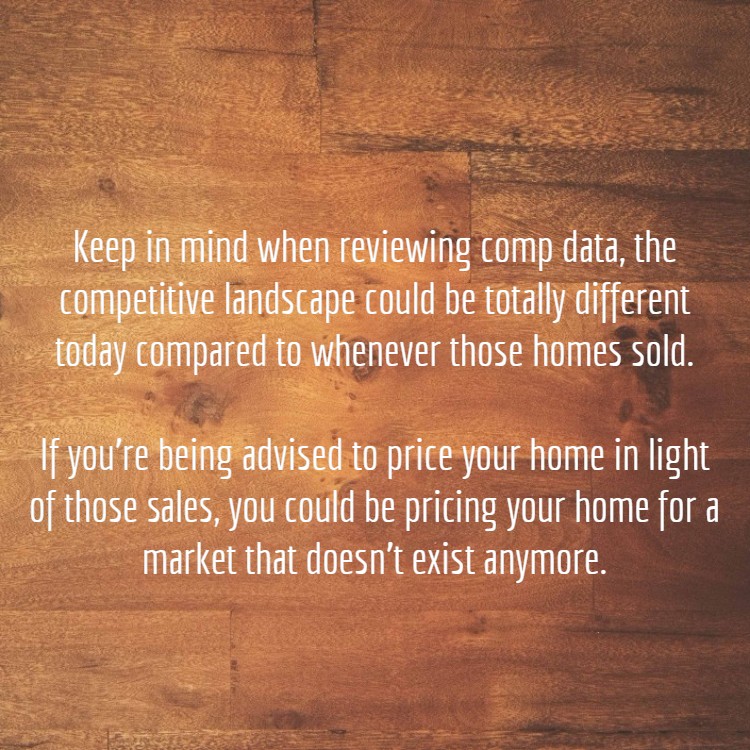
Every Buyer And Seller Brings Their Own Level of Motivation Into The Deal
Another nuance with comps that is rarely ever talked about but
has a HUGE influence on a home’s final sales price are the unique circumstances that every buyer and seller brings into the transaction.
Suffice to say, there’s no way to know any of that just by looking a list of what homes have sold for in your area.
But I’m sure you can think of a few instances where motivation might play a huge role in what price someone is willing to offer to accept.
Here’s one of the most common examples:
A home owner suddenly gets notice they’re being transferred for work, and they need to sell their home quickly.
Usually, that means the home will have to be priced very competitively for a quick sale; most often at a discount.
We’ve had many clients over the years that needed a quick sale, but I want to tell you a quick story to help illustrate a common misconception about how some people believe sales like these affect home values.
Last summer, a colleague of mine listed a beautiful townhome in Aliso Viejo that was about 5 minutes down the street from where I live in Laguna Niguel.
When I saw this new listing come on the market, I texted her to ask if she needed any help with open houses over the next few weeks.
She told me she could use someone to fill in for her since she had quite a few other listings at the time, so she told me to coordinate with her partner about who would take what days over the next few weekends.
I met her partner over at the property a few days later, and at that time, I asked her why the owner was looking to sell.
She told me the owner was moving back east for work and also wanted to be closer to family.
However, she had about 4-5 months to make the move, and wasn’t in any immediate rush to sell, but just wanted to get a head start on things.
The townhome showed beautifully, and we got a lot of traffic over the next few weekends with a ton of positive feedback.
A few weeks later, I texted the listing agent to see if she needed any help that weekend with open houses.
She quickly replied, “Thanks, but we actually got a full ask offer after we dropped the price a few days ago, so we won’t be holding it open this weekend.”
I went on the MLS to check out the price, and to my surprise, it was substantially lower than what it was originally listed for.
I texted the agent back right away, “Why the big price drop?”
The agent replied, “Turns out she has to make the move a lot sooner than she thought, so she wanted to get it sold this week.”
A few days later, I got a text from a neighbor I met a few weeks back who asked me why the owner decided to reduce the price so dramatically.
I told him that she needed a quick sale after her timeframe change, and what he said after that made me come to realize one of the big misconceptions that some people have about comparable home sales and their home’s value.
“That’s a bummer”, he said. “Now it’s going to be harder for me to sell mine at the price I want.”
Do The Circumstances Surrounding One Sale Affect The Entire Market?
Here’s what I want you to think about:
Did everyone else’s townhome suddenly lose value because one owner had to take a discount to sell hers quickly?
I would say not at all.
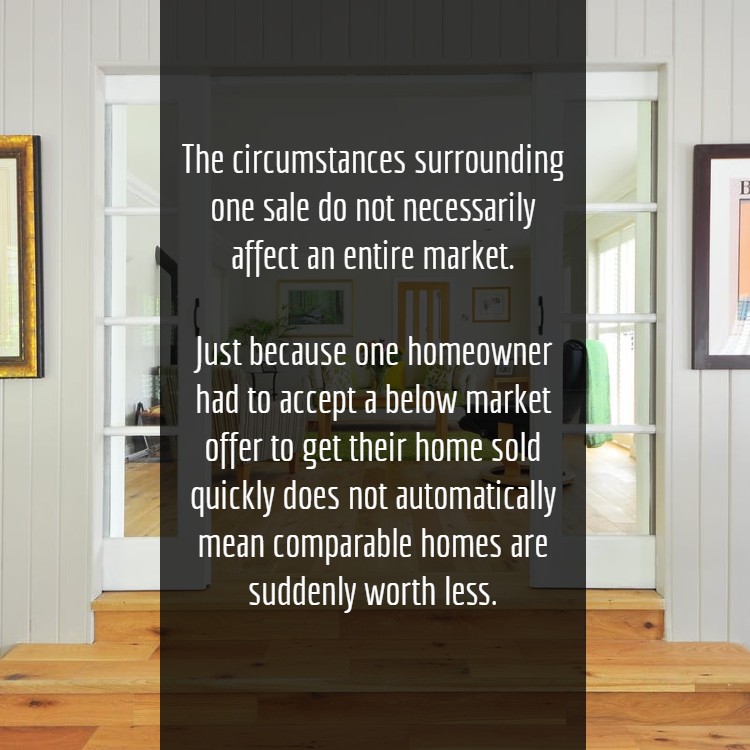
Markets don’t operate that way in any other industry, so why do some people automatically assume that about real estate?
However, if you were looking to sell your home around the same time in that neighborhood, conventional wisdom would advise you to list right in line with or just above that most recent sale which sold at a discount.
At face value, if you were looking at comps, you might think that the value of your home had dropped significantly if you were referring to the sale I just mentioned.
But again, comps don’t account for the individual circumstances that both parties bring into the transaction, which can be a big factor in the final sales price.
That’s why we encourage our sellers to scope out any open houses within their neighborhood at least several months in advance to potentially learn why their neighbors are selling.
If you can find out their motivation, looking back, you’ll have valuable insight as to what drove them to accept the price that they did.
The Two Main Components Of Your Home’s Pricing Strategy
Because everyone’s reasons for selling are unique, you should keep your own unique circumstance in mind and how that will influence the type of price you’re willing to accept before you hit the market.
Aside from local or nationwide market conditions which nobody is exempt from, we encourage our clients to price their home in light of two main criteria.
1. Define your overall objective
What are you ultimately looking to accomplish in selling your home?
Do you need to net a certain amount or do you just need a quick sale?
If you’re looking to maximize your sales price, then you’ll have to take a comprehensive approach to your overall marketing strategy, which we’ll touch in in just a minute.
2. Established Your Timeframe
As I mentioned in the first point, in some cases, your timeframe and objective may be one and the same.
If you need a quick sale, you have to take steps to attract offers right away, which means your strategy is largely going to be driven by your list price.
But on the other hand, if you have time on your side, you can afford to wait for the right offer to come along.
Now keep in mind, going for that high price has its own set of challenges and nuances you’ll need to address.
First of all, you’ll need to be aware of exactly what the market is doing.
Is the market stable, steadily trending upward, or in a correcting phase?
While you personally may have time one your side, your home may not if the market is trending against sellers.
All in all, comps still can certainly provide a lot of insight for picking up on trends in this regard.
Bringing It All Together
Even if your home is considered one of the best values on the market, the basics of effectively marketing your property still apply.
And that all starts with your home’s condition and presentation.
If your home has lots of deferred maintenance, buyers are going to shy away from it.
That’s why you should use the pre-listing period to make as many repairs to the home as possible.
You want buyers focusing on all the benefits that your home has to offer; not what they would need to fix up.
Furthermore, if your home shows well in person, it’s going to stand out from the competition.
There are many ways you can improve your home’s presentation from repainting to lighter, neutral color schemes, to rearranging furniture to create more open space and flow.
We’ll get more into how to improve your home’s condition and presentation specifically in future posts.
But ultimately, your goal is to make the home as appealing to the widest range of potential buyers.
Comp data is just one piece of the puzzle in your overall planning and strategy to help you achieve your goal at the end of escrow.
With the proper consideration given to your own situation and a familiarity with current market conditions, you’ll put yourself in the best position to not only achieve top-dollar for your home, but maybe even a market-beating price as well.
Join our network
Keep up to date with the latest market trends and opportunities in Orange County.


